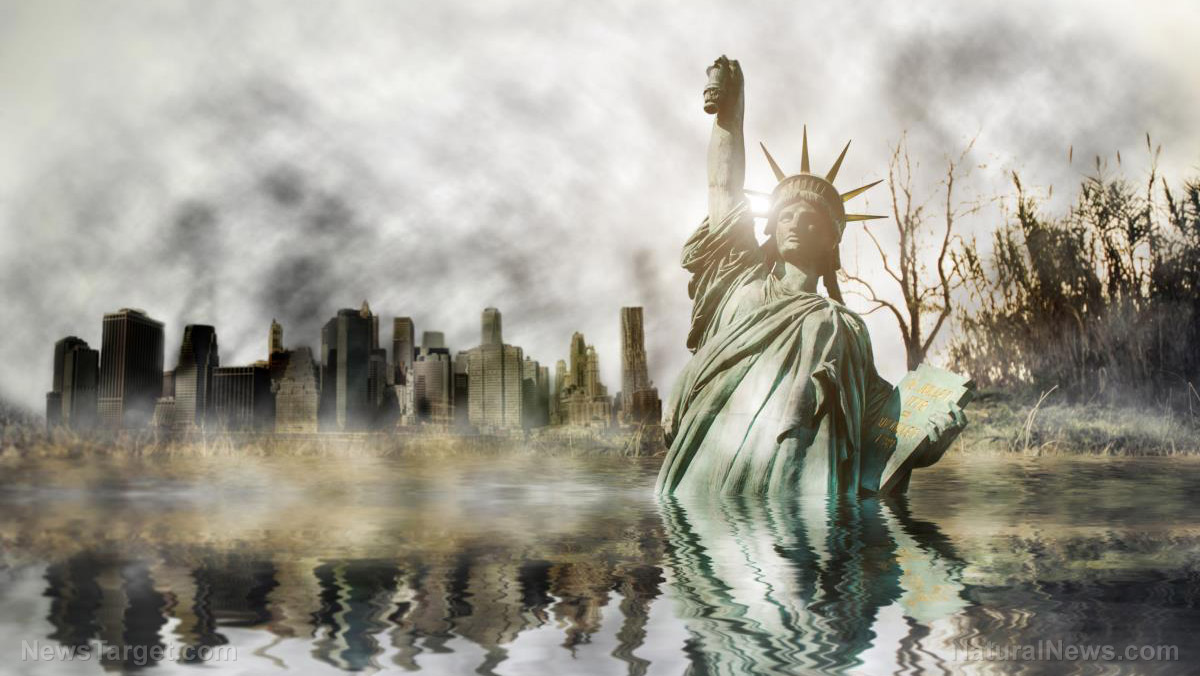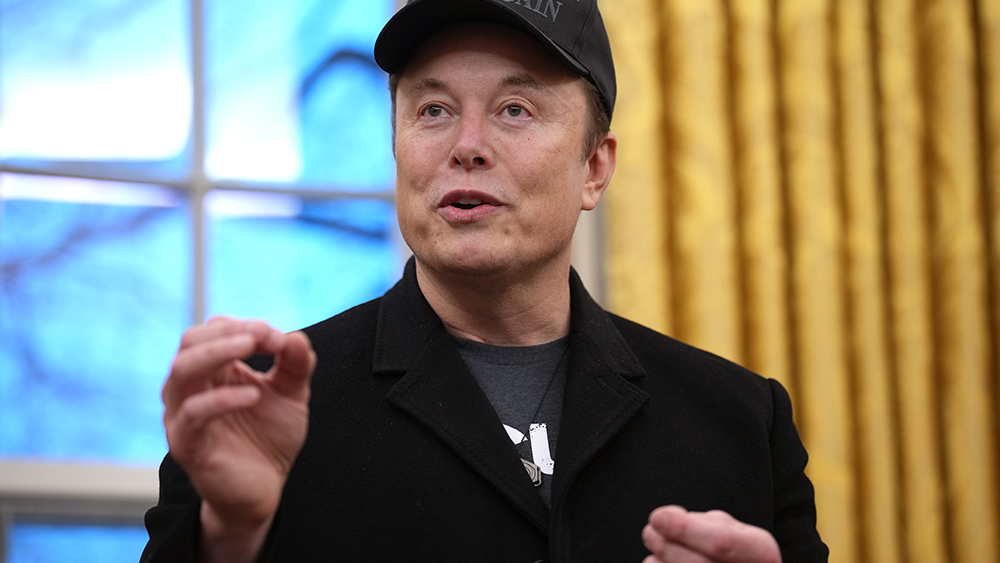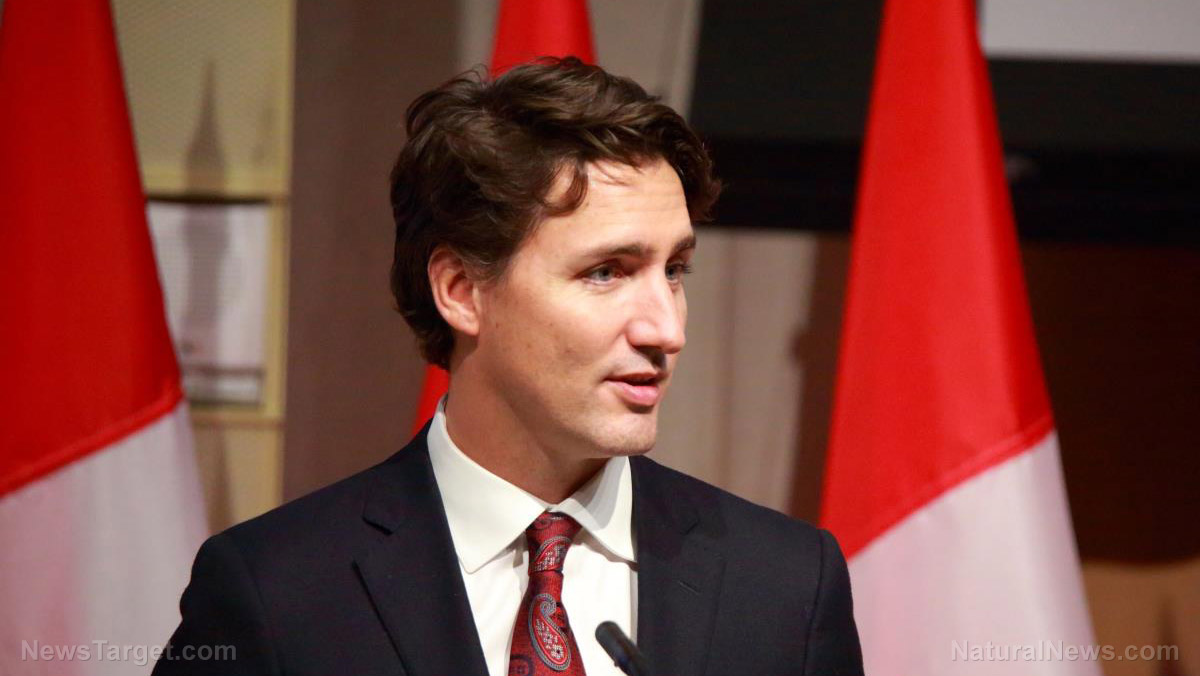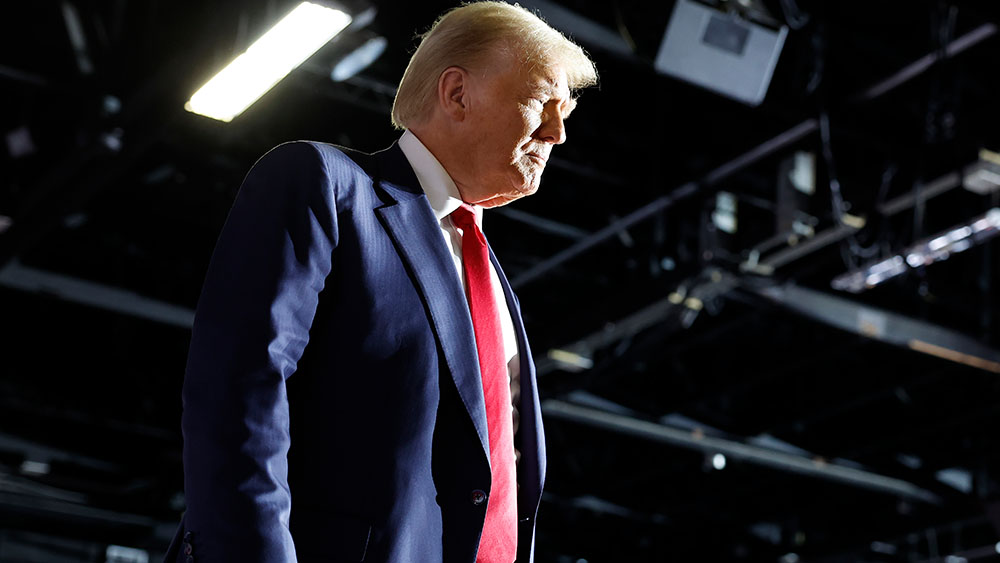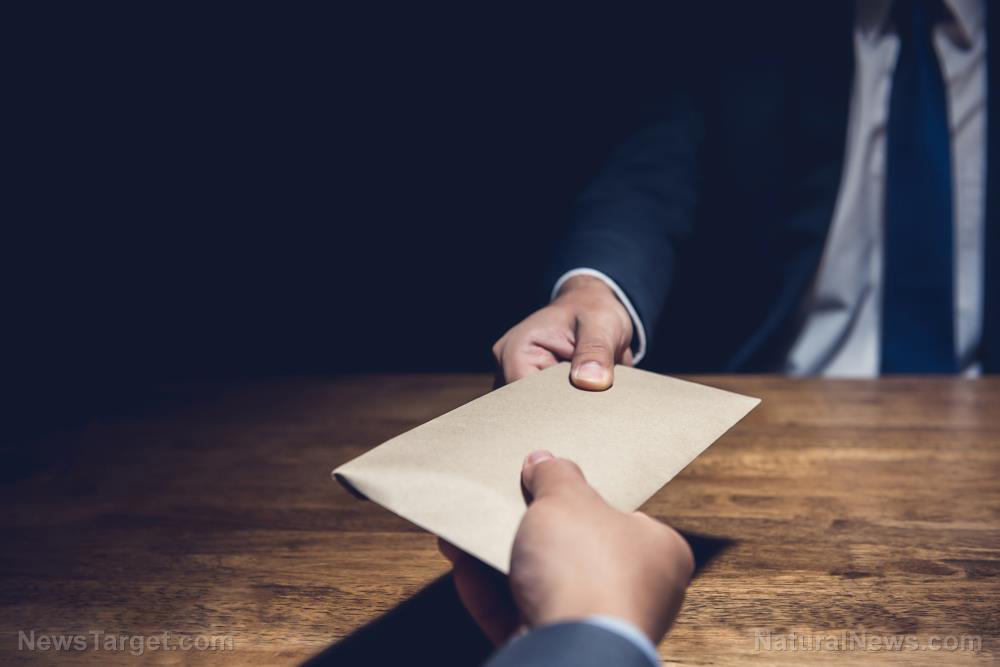 Parler
Parler Gab
Gab
A diplomatic gambit in Riyadh
The upcoming talks, scheduled to begin on Tuesday, will see top diplomats and officials from both nations converge in the Saudi capital. The Russian delegation is led by Foreign Minister Sergey Lavrov and Yury Ushakov, Putin’s top foreign policy aide, while the U.S. team includes Secretary of State Marco Rubio, National Security Adviser Mike Waltz, and Special Envoy for the Middle East Steve Witkoff. Notably absent from the U.S. delegation is Keith Kellogg, Trump’s special envoy for Ukraine and Russia, a move that has raised eyebrows among Western media outlets. The talks aim to address the Ukraine conflict, which has raged since 2014, when a Western-backed coup in Kiev triggered a crisis that escalated into a full-scale war. Russia has consistently maintained that any settlement must address the root causes of the conflict, including Ukraine’s neutrality, demilitarization, and recognition of territorial realities on the ground. Lavrov has ruled out any territorial concessions, emphasizing that Moscow seeks a permanent and comprehensive resolution rather than a temporary ceasefire.The U.S. position: restoring dialogue
For the United States, the talks represent an opportunity to restore communication with Russia after years of strained relations. Secretary of State Marco Rubio, who spoke with Lavrov ahead of the meeting, emphasized the importance of dialogue but remained tight-lipped about specific topics or potential concessions, such as lifting sanctions on Russia. Trump, who has long expressed skepticism about Ukraine’s prospects of joining NATO, hinted during his call with Putin that Kiev’s chances of regaining lost territory are slim. He also suggested that Zelenskyy, whose presidential term ended last spring, may need to organize elections to legitimize his government in Russia’s eyes.Ukraine and the EU: sidelined but vocal
The exclusion of Ukraine and EU representatives from the talks has drawn sharp criticism from European leaders and Zelenskyy himself. The Ukrainian president has made it clear that Kiev will not recognize any agreements reached without its involvement, calling such negotiations “null and void.” Meanwhile, European leaders are scrambling to ensure their interests are not overlooked. French President Emmanuel Macron convened an emergency summit in Paris on Monday, attended by leaders from Germany, Britain, Italy, and other EU nations, as well as NATO Secretary-General Mark Rutte. The summit focused on continued aid and security guarantees for Ukraine, with UK Prime Minister Keir Starmer signaling readiness to send troops to Ukraine “if necessary.” Macron also reached out to Saudi Crown Prince Mohammed bin Salman, urging him to ensure that Europeans play a central role in any peace process. However, U.S. Special Envoy Keith Kellogg has defended the exclusion of Western Europe, citing the failure of the 2015 Minsk Agreements, which Germany and France brokered but later admitted were merely a stalling tactic to allow Ukraine to build up its military.A path to peace or a diplomatic dead end?
As the U.S. and Russia prepare to sit down at the negotiating table, the stakes could not be higher. Trump’s team is reportedly hopeful of reaching a ceasefire agreement by Easter, with a detailed peace plan potentially unveiled in the coming weeks. However, Zelenskyy’s refusal to engage in talks without Ukraine’s participation and the EU’s determination to remain relevant in the process complicate the path to a resolution. The Riyadh talks represent a pivotal moment in the Ukraine conflict, offering a rare opportunity for dialogue between two global powers with deeply entrenched positions. Yet, without the inclusion of Ukraine and its European allies, any agreement risks being stillborn, leaving the conflict to fester and the region in perpetual turmoil. As the world watches, the question remains: Can diplomacy bridge the chasm between competing interests, or will the absence of key players render these talks another chapter in a protracted and bloody stalemate? Only time will tell, but one thing is certain—the road to peace is fraught with challenges, and the stakes have never been higher. Sources include: RT.com RT.com RT.comCal Thomas warns of the nation’s potential COLLAPSE in “America’s Expiration Date”
By Arsenio Toledo // Share
Report: Media’s ‘proof’ of DOGE backlash at town halls was organized by Leftists
By News Editors // Share
By Lance D Johnson // Share
Governments continue to obscure COVID-19 vaccine data amid rising concerns over excess deaths
By patricklewis // Share
Tech giant Microsoft backs EXTINCTION with its support of carbon capture programs
By ramontomeydw // Share
Germany to resume arms exports to Israel despite repeated ceasefire violations
By isabelle // Share
